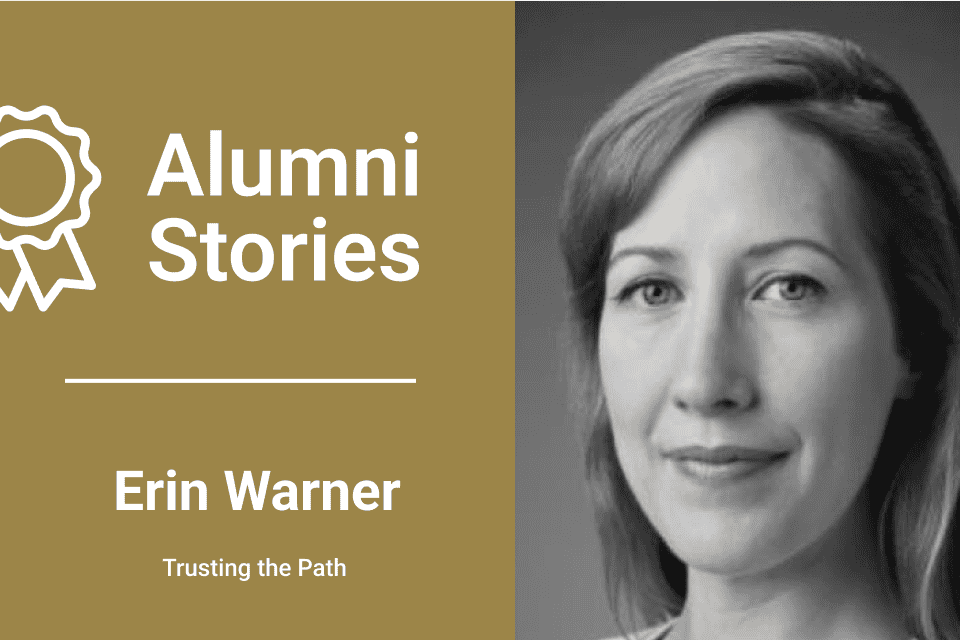
Discover how facilitator Erin Warner reclaimed her voice and transformed her leadership trainings by embracing participatory methods and authentic space-making. From Italy to Austin, explore how facilitation helped her build deeper connections, lead with purpose, and spark transformation in every room.








